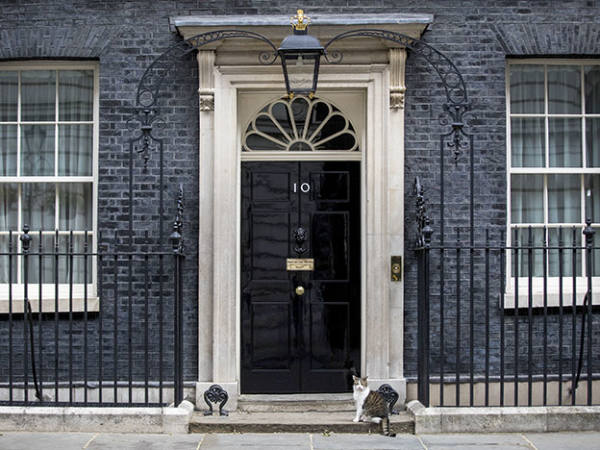Landlords have been thrown a lifeline by the extension of three-month mortgage payment holidays to buy to let loans, but the new legislation, which is expected to be passed this week, will also prevent them from evicting tenants who run into financial difficulties during the period of the Covid-19 emergency.
Private tenants are expected to be disproportionately hit by job losses and reductions in their working hours, in addition to financial hardship triggered by illness. Now “no renter in either social or private accommodation will be forced out of their home during this difficult time,” said the secretary of state for housing Robert Jenrick.
Landlords who have no mortgage arrears can apply for a payment holiday immediately, and they can apply even if their tenants continue to pay their rent, if they are facing their own financial hardship. Lenders however will decide on a case by case basis whether to grant the holiday or not.
Nick Morrey at lender John Charcol thinks it is unlikely a payment holiday request will be refused even in the event that it has not been triggered by a tenant in crisis. In addition, given the expected flood of applications for mortgage payment holidays, which Mr Morrey thinks will be greater in the next two weeks than in the whole of the past decade, lenders may not be able to apply a case by case process to look into the reasons for the request in the first place – insisting on evidence that tenants have lost their jobs will be both invasive and time consuming.
However landlords who do not have a buy to let mortgage face a cash crunch if their tenants are unable to pay rent. Those whose tenants are unable to pay all or some of their rent and who receive the rental income in their own name rather than through a limited company, should see their tax bill fall.
Mr Morrey says that regardless of the proposed restrictions it makes good business sense to take the hit and retain tenants in this period of uncertainty. “Landlords have to bear in mind the cost and time involved of acquiring a new tenant.” Where a tenant is forced to claim benefits leading to delays or even reductions in the rent received, “100 per cent of something is better than no rent”, comments Mr Morrey.
At the end of the holiday period landlords and tenants will need to agree a plan for repayments. Landlords are being heavily encouraged by the government to show compassion to tenants. Circumstances may change significantly for some tenants in the coming months and they may request that their arrears are written off or added to the rent over a long period of time.
Lenders meanwhile will add landlords’ rolled-up interest to the outstanding mortgage. As a result the mortgage balance and monthly payments will increase but Mr Morrey says that for the majority of landlords who are on interest-only deals, the increase should not be that significant.
In normal circumstances payment holidays would typically affect a borrower’s credit record but this should not happen in the current crisis. Nevertheless it is a detail that landlords arranging a payment holiday with their lender should check. Most lenders have now set up online application processes for holiday requests.
But for all the measures being offered to help landlords and their tenants, property owners on fixed term deals face a new danger ahead. Falling property prices means that by the time an existing lending product expires in say 12 months’ time, loan to values could be completely changed, forcing a landlord onto a far less generous deal. Typically, only loan to values of 75 per cent and below unlock the best deals. Mr Morrey’s advice is to start the ball rolling on product transfers as soon as possible before property prices tank and loan to values change too much.
Mr Morrey does not think that private landlords will be forced out of the market even if unemployment goes through the roof during the coronavirus period. “People may have less money to spend but they will still need somewhere to live.” In fact he encourages landlords to be brave and see the opportunity ahead: if the property market is going to take a bath, and interest rates remain at ultra low levels, landlords should remind themselves that since the end of the second world war, the curve of the property price index has always been up. “Smaller house prices mean smaller deposits and smaller interest rates mean smaller repayments”.











